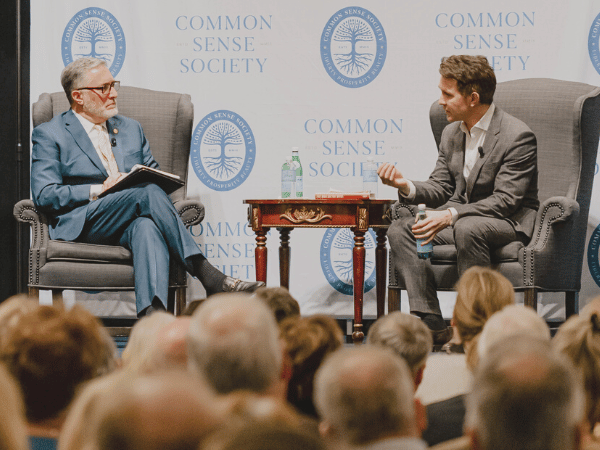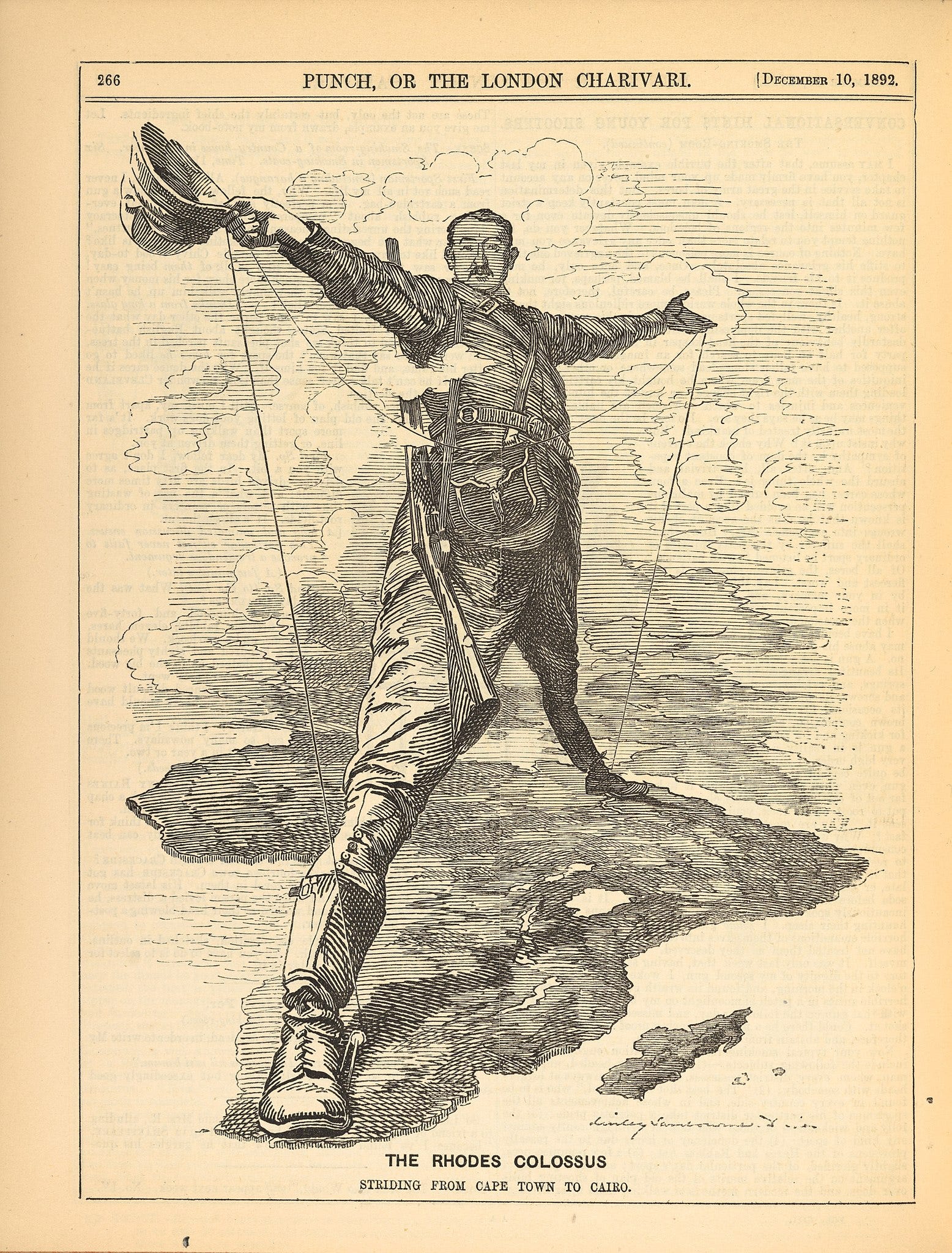Founders’ Foreign Policy Fellowship
The Founders’ Foreign Policy Fellowship brings together a selective group of aspiring foreign policy professionals seeking to guide America into a secure and prosperous future. Over five days of intensive seminars with renowned faculty, fellows examine the distinctive moral and political principles of U.S. statecraft as understood by its Founders.
Convened at historic locations—including Mount Vernon, Monticello, Montpelier, the National Constitution Center, the Alexander Hamilton Custom House, Fraunces Tavern, and the Old South Meeting House—the program provides a total immersion experience, enabling participants to wrestle with the dilemmas of statecraft and to tread the same ground as Washington, Jefferson, Madison, Franklin, Jay, Hamilton, and Adams.












